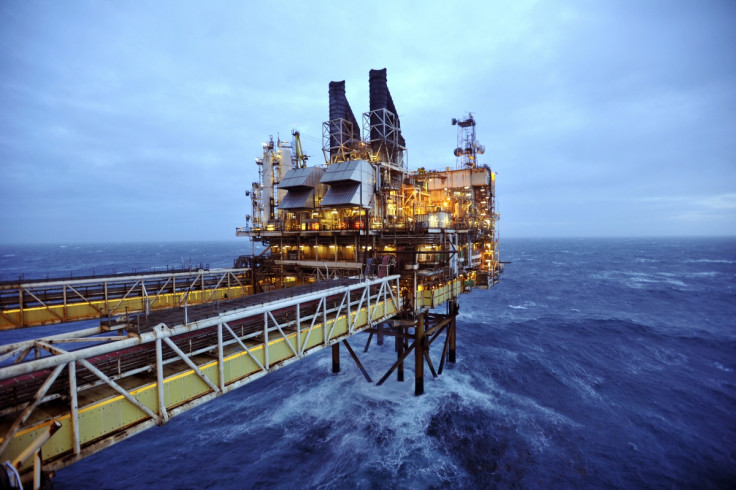North Sea oil has its worst year in over four decades

North Sea oil experienced an annus horribilis in 2014 with total oil revenues dropping to £24bn, leaving a deficit of some £5.5bn, thanks to falling oil prices and increased costs.
It is the worst performance for the region in over four decades, according to industry body Oil and Gas UK's annual survey.
The price of oil has plummeted from $110 per barrel to below $50 per barrel in the latter half of last year, and has recently been trading at around $60. Meanwhile production of oil and gas fell by only 1% during 2014.
Oil and Gas UK said the cost of extraction per barrel has risen to a record high of £18.50. In order to remain viable the cost and efficiency of the process must improve by some 40%.
The industry said there was an urgent need for the government to cut the rate of corporate tax to 45% in order to stimulate investment in the sector, as was recommended by a review of the industry carried out by Sir Ian Wood last year.
Malcolm Webb, Oil & Gas UK's chief executive said: "We need to see full delivery of the Wood Review recommendations as well as a permanent reduction in the headline rate of tax, a simplification of the tax allowance structure and stimulus for exploration. We must, together, do what is needed to reduce costs, encourage investment and avoid premature decline."
Webb said that even at $110 per barrel, the ability of the industry to realise the full potential of the UK's oil and gas resource was hamstrung by escalating costs, an unsustainably heavy tax burden and inappropriate regulation.
"At current oil prices, we now see the consequences only too clearly," he said.
"Without sustained investment in new and existing fields, critical infrastructure will disappear, taking with it important North Sea hubs, effectively sterilising areas of the basin and leaving oil and gas in the ground."
Out of 25 wells that were planned to be drilled last year, only 14 took place. Only 50 million barrels of viable reserves of oil or its gas equivalent were discovered.
The desperate routing of the off-shore sector has been caused by the increase in shale oil production particularly in the US, as well as Opec countries refusing to cut production – a perfect storm for the North Sea oil industry.
Led by Saudi Arabia, the world's largest oil producer, Opec agreed to maintain production levels at a November summit, despite the spectacular decline in global oil prices.
The Saudis are loathe to lose out on market share and its rulers have enough foreign exchange reserves to weather the price storm for many more months.
Industry watchers expect crude oil prices to remain around $60 a barrel in 2015. This has led a number of oil majors to slash investment budgets in the short term, a factor that could check supply and push up prices in the medium term.
© Copyright IBTimes 2025. All rights reserved.






















